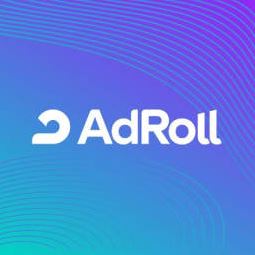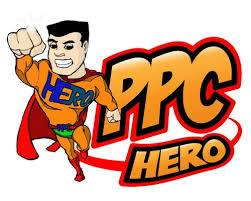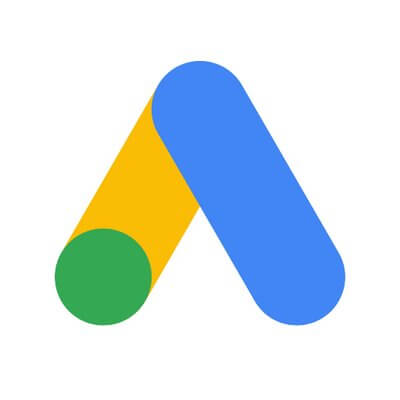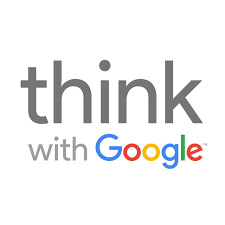Pay Per Click Advertising
Pay-per-click (PPC), also known as cost per click (CPC), is an internet advertising model used to direct traffic to websites, in which an advertiser pays a publisher (typically a website owner or a network of websites) when the ad is clicked.1
-

Author of PPC Epiphany. Great blog with some advanced PPC tactics.
-

A method to structure Google shopping campaigns with keyword-like targeting.
-

Five articles you need to read that are key to digital marketing
-

AdWords script to get keyword information from webpages using IBM Watson.
-

I’ve been seeing a literal ton of AdRoll ads on Facebook. Saved this after poking around a bit. Haven’t dived in yet.
-

Dynamic Search Ads are something I’ve been utilizing more regularly, specifically in conjuction with remarketing audiences. This article gives a good introduction to some other targeting options.
-

Fred from Optmyzr has a whole host of scripts he encourages Optmyzr’s clients to use. Here’s a freebie for those who are working with Ad Grants Accounts.
-

Ever have a web dev that didn’t let you know the site was down? This script notifies you when sites are down so you can pause campaigns.
-

If I only had 30 seconds to audit an account, this is what I would look at. This two variable ratio tells you how well a paid search campaign is optimized.
-

Over the past little while, Google has made significant changes to PPC policy. I’ve had my own frustrations, but maybe it’s for the best?
-

The general approach Cambridge Analytica took with the campaigns they ran for the 2016 U.S. presidential election.
-

Googler-written article on an approach to key performance indicators in-process(metric-level) and in real life.